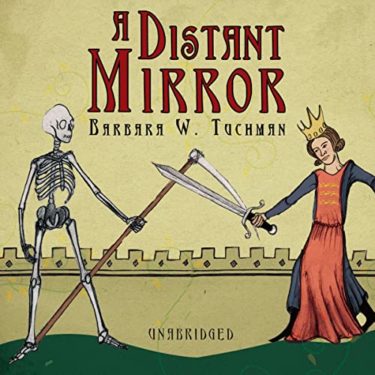I started looking through the books I’ve been reading as we headed into the fall, and I saw some of what I expected. Books about politics, presidential candidates, and so on. But I noticed a continuation in my recent summer theme of issues of philosophy and aging.
Yes, we’ve got more of those books on this month’s list. What else will join them on the list? Read on to find out.
Kate Manne – Entitled
Manne followed up her excellent book Down Girl with this book that we might usefully consider a more applied version of her philosophical account of misogyny. She applies some of the key concepts from that book – ‘himpathy,’ for example – to a wide range of cultural and political issues involving gender.
As with her other book, Manne is at her best when she’s doing philosophy. And she does a pretty good job connecting philosophy to cultural issues. But she’s at her worst when she’s doing political analysis.
All that was true in Down Girl, and it’s also true in Entitled. However, since political and cultural analysis loom larger than philosophy in this one, it’s an uneven book.
Manne gives an insightful general account of entitlement. She explains concepts like gaslighting and testimonial injustice quite well. And she admirably tackles the quite difficult project of disentangling positive from negative senses of entitlement, i.e., the difference between things everyone should be entitled to (e.g., health care, bodily control) and the things no one should be entitled to (e.g., free domestic labor).
But then there’s her political analysis, which just doesn’t work. As I wrote earlier in a post on the Elizabeth Warren campaign and another post on the 2020 Democratic nomination, Manne takes general points from the social scientific literature and applies them to politics in overly simplified ways. The end result is a series of failed attempts to e.g., explain Hillary Clinton’s or Warren’s loss, explain why Brett Kavanaugh was confirmed to the Supreme Court, and so on.
Tim Scott – America, A Redemption Story
I’m reading the books off all the presidential candidates, including the Republicans. It’s not an enjoyable task. None of them are good books. This one isn’t, either. But they’re all bad in different ways. Pence wrote a dull and politically opportunistic book. DeSantis poorly wrote a boorish book full of far-right jargon.
And then there’s Tim Scott, who wrote this book. A book full of cliches and petty bourgeois slogans.
But unlike the others, Scott comes off as sincere and heartfelt. He tells a series of short stories from this life. And these stories given the reader a feel for a person who – behind the right-wing ideology – seems like a basically decent person.
In today’s GOP, that’s enough to stand out. Scott tells stories about his family, friends, and mentors. He talks about growing up as a black man in the South. And he doesn’t shy away from the racism he encountered. In short, I learned a few things about the person behind the politician.
David B. Suits – Epicurus and the Singularity of Death
I’ve been on an Epicurean philosophy kick for some time now. And in this one, philosopher David Suits defends what he calls ‘radical Epicureanism.’ This amounts to the thesis that we should take an attitude of total indifference toward anything that might happen after we die. Including, even, the fate of the world.
That’s a bit spicy, given, e.g., the increasingly moralistic demands of the climate change movement, among other ideas.
Does he build his case effectively? At the very least, he makes some interesting contributions to the interpretation of Epicurus and other Epicureans. He effectively defends Epicurus on not fearing mortality and effectively counters the claim that death is a deprivation.
Beyond that, however, I don’t think his main thesis works. Nor does Suits give us compelling reasons to think Epicurus or Lucretius held the main thesis. Or that the modern Epicurean holds attractive reasons to adopt it. Other Epicureans argue that we should genuinely care about what the world will be like after we die, especially insofar as it impacts our friends. Suits gives us nothing to seriously dislodge those convictions.
Barbara W. Tuchman – A Distant Mirror
This is a classic from the late 1970s on the series of crises that hit medieval Europe in the 14th century, near the end of the Middle Ages and shortly before the fall of Constantinople to the Turks.
This crisis period covers everything from the Black Death to the Hundred Years’ War to Joan of Arc to multiple splits in the Catholic Church. Not to mention the social impact of all these problems, including widespread anti-Semitism and multiple efforts to reignite the Crusades.
Tuchman tells the broad narrative in a way that’s both careful and engaging. And she ties much of the story to the life and times of the French noble Coucy, who seemingly took part in every major event of the century and lived near the hottest part of the war between the English and the French.
As far as histories go, it’s a lot of fun to read. But it’s worth pointing out that scholarly reaction has been mixed, at best. Readers should, of course, beware of that.
